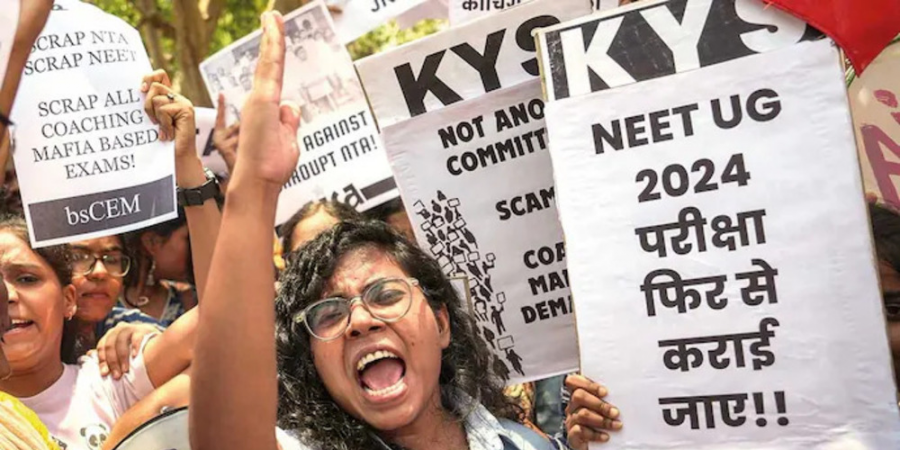

Public examinations in India, such as those for civil services, banking, and state-level administrative positions, serve as a critical gateway for individuals seeking positions in government and public administration. These exams are a reflection of meritocracy and competence, offering opportunities to millions of aspirants. However, their intersection with Indian politics raises important questions about fairness, transparency, and the broader objectives of governance.
India's public examination system is among the largest in the world, with millions of candidates appearing annually for exams conducted by bodies like the Union Public Service Commission (UPSC), Staff Selection Commission (SSC), and state public service commissions. These exams aim to select candidates based on merit, testing their knowledge, problem-solving abilities, and general aptitude.
Despite the rigor of these exams, their integrity is sometimes compromised by allegations of corruption, favoritism, and systemic inefficiencies. The role of politicians in this context becomes critical, as they wield significant influence over the functioning of these institutions.
Indian politicians, both at the state and central levels, play a dual role concerning public exams. On one hand, they are policymakers who determine the framework, guidelines, and resource allocation for these examinations. On the other hand, they are also actors who can either uphold or undermine the system.
To address the challenges in the interplay between politicians and public exams, several measures can be considered:
The relationship between Indian politicians and public exams is both intricate and consequential. While politicians have the power to strengthen and reform the system, their influence can also lead to its erosion. It is essential for all stakeholders, including policymakers, examination bodies, and citizens, to work collectively to ensure that public exams remain a symbol of fairness and meritocracy. Only then can they fulfill their purpose of selecting capable individuals who can contribute meaningfully to India's governance and development.
